What were the findings of the SET Mental Health Health and Well-being report? #SETConf19
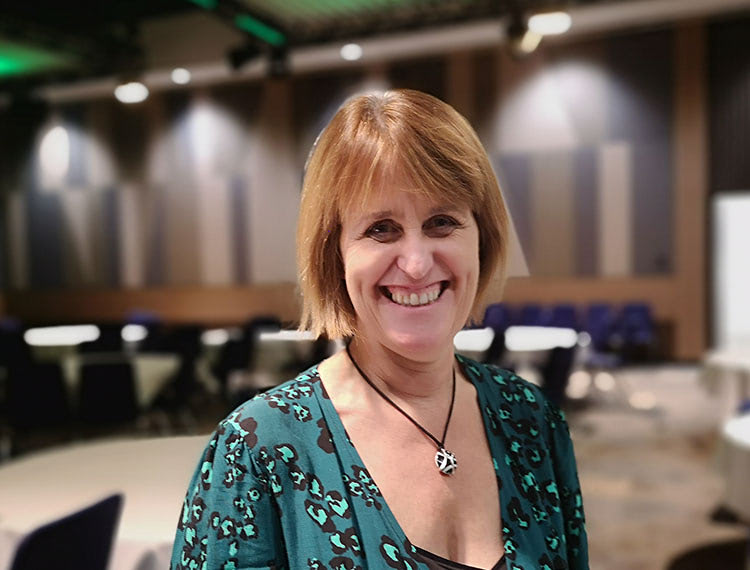
FE News chat with Teresa Carroll, the Education and Training Foundation (ETF) Head of Well-being and Inclusion about the new report on SET members Mental Health and Well-being findings that were released at the annual SET Conference 2019.
Teresa discusses the reporting findings, some of the interesting initial outcomes were that newly qualified and practitioners nearing retirement were the most positive. Interestingly, those newly qualified practitioners in years 1 and 2 post-qualification stage were at the greatest risk of being under stress.
Teresa also pointed out that those teaching staff with real-world experience and particularly those with disabilities flagged a negative experience and Teresa flagged that this is an area in particular that the team are interested in exploring more and addressing this to make it a more positive teaching experience.
Teresa then gives some practical tips to help practitioners with their mental health and well-being.
Please listen to the podcast below to hear more information from Teresa:
The SET member’s Mental Health and Wellbeing Report
The reason that we wanted to conduct this research is that there isn’t really very much evidence about the state of the FE sector in terms of the staff’s experience regarding mental health. So, we conducted a survey with our SET members.
We got over a thousand responses to that, which was very positive. We then followed that up with six focus groups, which got into the detail about what was happening there.
One of the things that we wanted to try and identify was whether there were times in an FE professional’s career when they might be more risk to poorer well-being.
What we found was really interesting and the three headlines that came out of the research was:
- Support – It’s very important who your line manager is, that you have a strong and supportive line manager and that has real bearing on whether you have a good or poor experience at work and impacts on your well-being.
- Trust – The second thing is autonomy, and trust is so important, and people feel free to get on with their jobs and they’re trusted to do so.
- Leadership – And then the last thing is how important leadership is, that organizations are led from the top, where it’s important that people feel comfortable in discussing their mental health and are free to talk about whether they’re in distress and can receive support around that.
In terms of the pinch points within a career, it’s interesting, through the survey it indicated that those that were newly qualified, and those reaching retirement were the most positive, which I think isn’t really that surprising.
When we dug into the findings through the focus groups there was something that came out, that between years 1 and 2 of newly qualified teachers that was a risk time, that actually people were more likely to experience stress, and be at risk of leaving the profession. There is something there that we need to actually think about.
The other thing that came out for me, and this is because part of my work is on special educational needs and disability. I’m a real advocate for our profession to have people with real lived experience, so learners see people like that them in their roles. Something that came out of the research was staff with disabilities seemed to be the most negative in terms of their experience.
So, we will be following that up and seeing what’s going on there, because it’s all very well me saying that it’s important for learners to see staff like them, and to encourage more disabled staff into the sector, but if there is something happening there, we need to actually find out what that is.
From the research that you’ve undertaken, what practical advice can you give to practitioners, to teachers, lecturers, trainers, assessors, to better help with their mental health or well-being for themselves, their learners and their teams?
I would say use what’s out there already. That’s something that we were very keen on, to make sure that we maximize what’s available already. That’s why we’ve partnered up with the Education Support Partnership, with Mind, and Specialist Charity.
The Education Support Partnership offer a free help line for stressed out educators, so we encourage people all the time to make use of that support, they have access to counsellors. They also have a whole range of support offers that they can offer to our sector as well, so tap into that.
The other thing to say is Mind conducted an audit of the best of the resources in the mental health sector, and have created the mental health at work portal, which houses the best of the resources. We’ve done a bit of a curation of the best of the resources for our particular sector, and they sit on mental health at work.
We would say, if you are working with colleagues, if you are managing colleagues, go and have a look at that, because there are lots of good resources that you can tap into. Everything that I’ve spoken about there is available on our corporate website. If you tap in the search engine mental health, you’ll be signposted to those resources.
With my special educational needs hat on, we recently commissioned three Centres for Excellence in SEND, and they are delivered by:
- Weston College: Which has the theme of People.
- Derby College: Which has the theme of Curriculum
- Norwich College: Which delivers on the theme of Community
Weston College on their theme of people, that is all about making sure that everybody is responsible for special educational needs, and very much about creating an inclusive organization.
They are offering all sorts of support around supporting learners with special education needs, with mental health issues, so I would encourage people to tap into that.


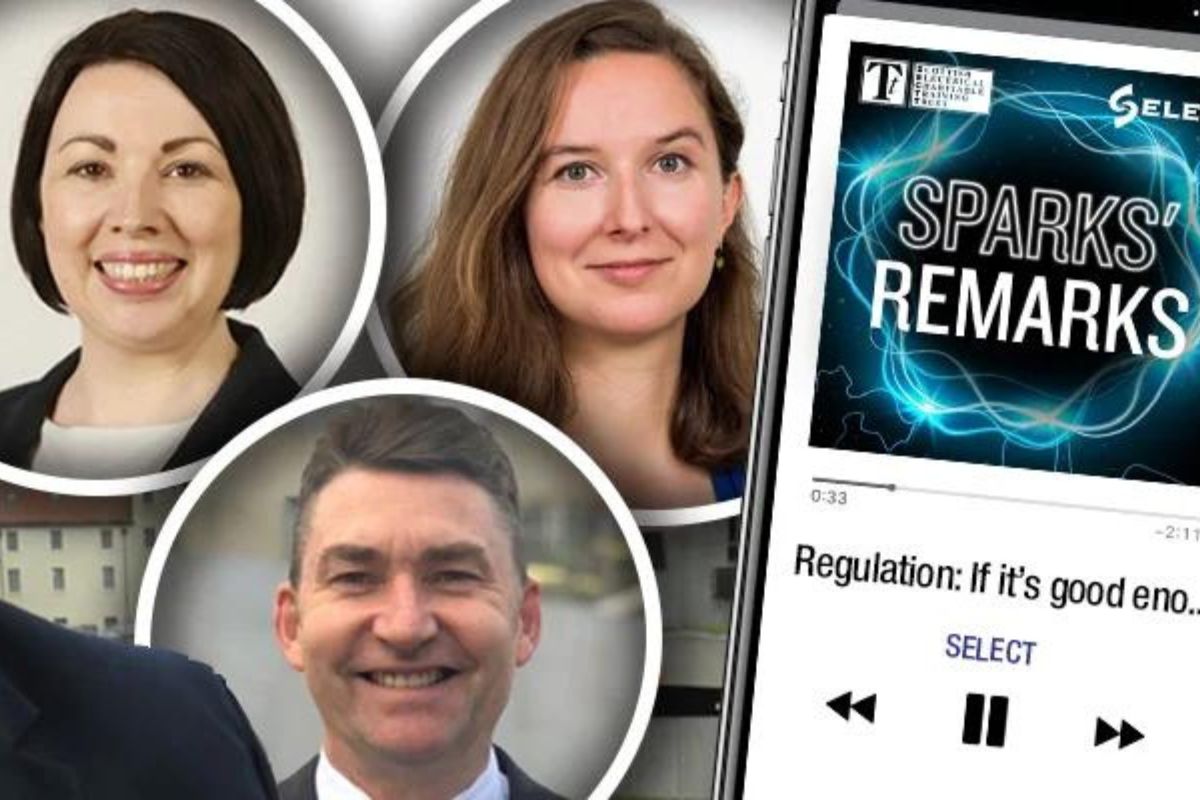
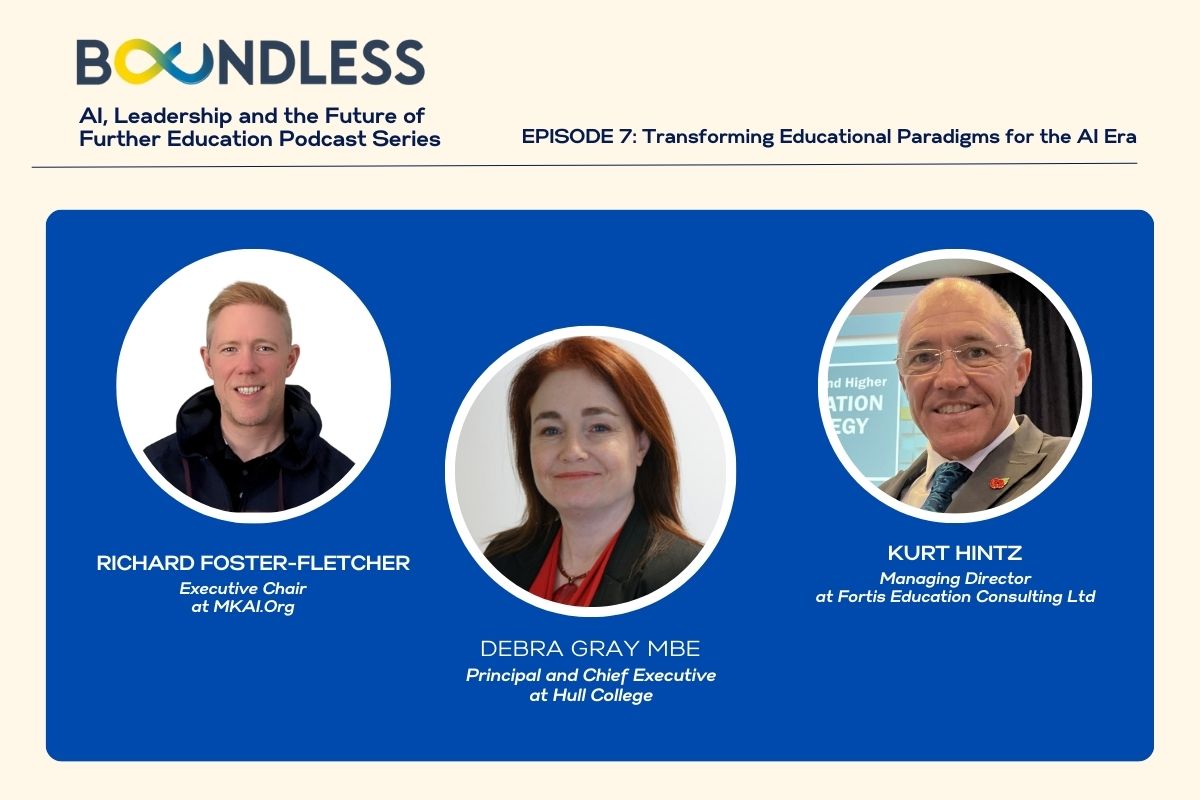
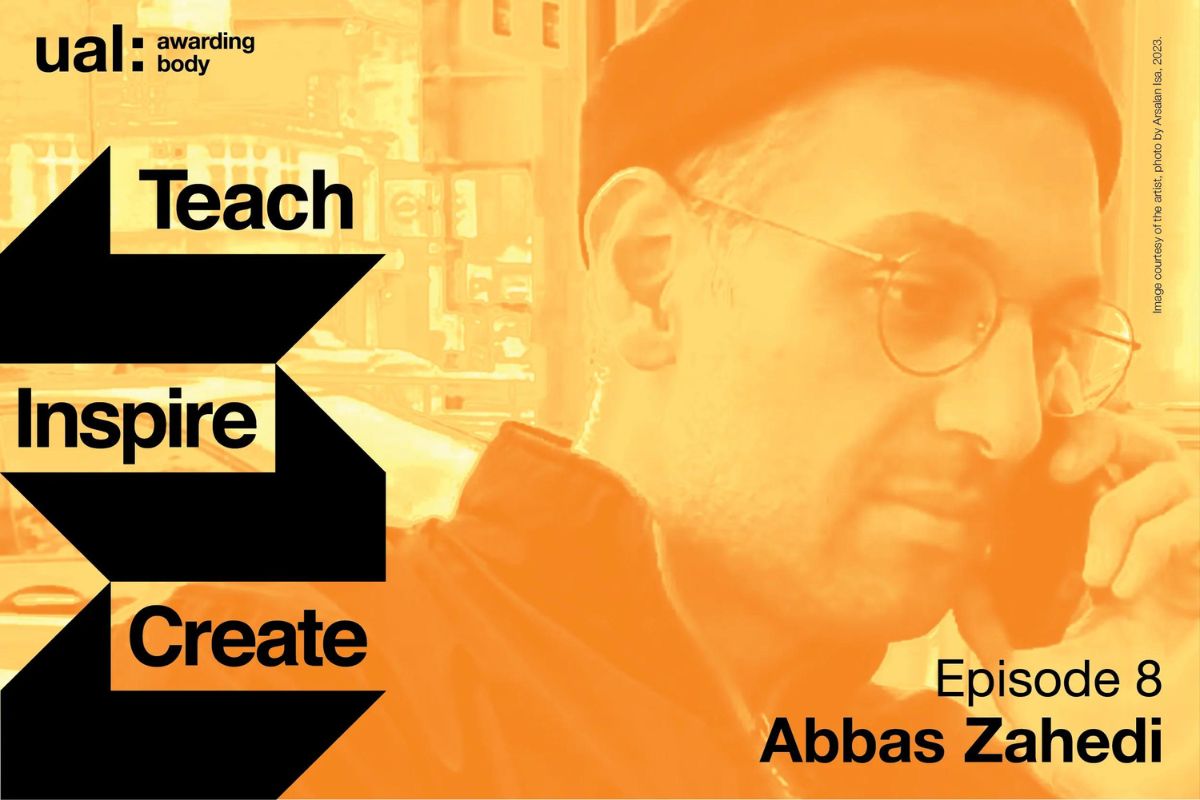
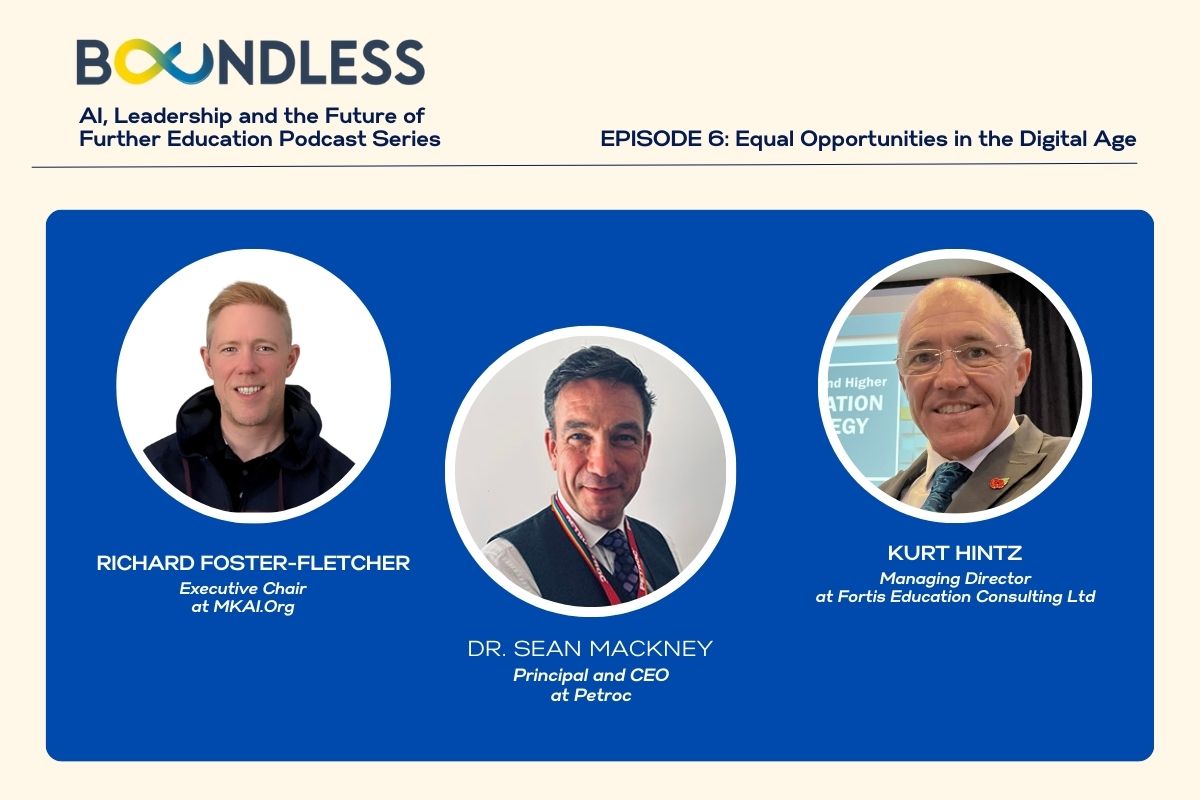




Responses